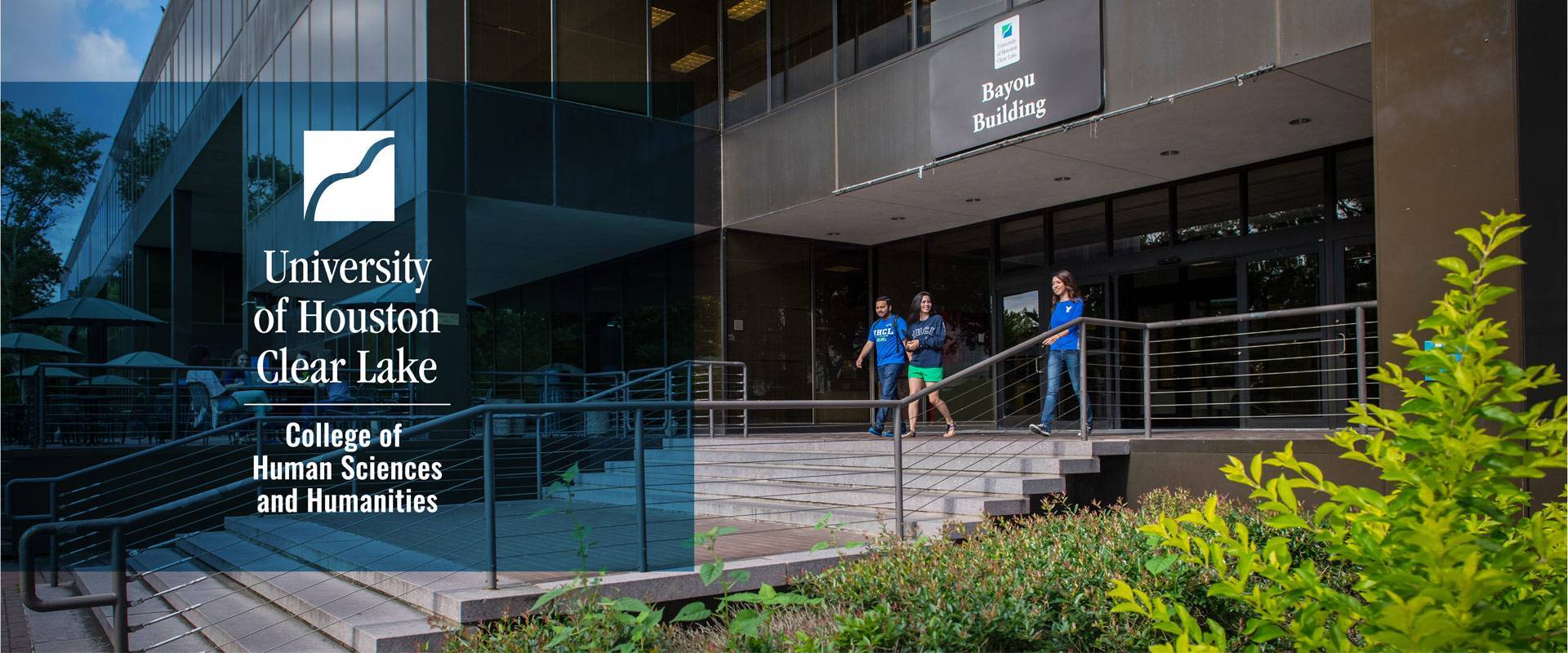UHCL prof receives grant to continue work on Cyprus archaeological dig
May 10, 2018 | UHCL Staff

Since 2008, a team of archaeologists from around the world has been conducting fieldwork
annually as part of the Pastio-Mesorotsos Archaeological Expedition in the Dhiarizos
Valley of Cyprus. University of Houston-Clear Lake’s Assistant Professor of Art History
Sarah Costello has been among them, funded by a faculty research support grant that
allows her to continue her work at this unique excavation site cataloguing Neolithic
pottery. Costello will travel to Cyprus for a week in July to finalize her work on
the dig. A UHCL graduate student, Brianne Thoen, will spend five weeks excavating
the site with the team.
The site is exceptional, Costello said, because it’s been continuously occupied from
the Neolithic period to modern times. “The Neolithic period dates back about 10,000
years, or 8,000 years BCE,” Costello said. “There are people living in a village near
this site to this day, and that’s unusual in Cyprus for a place to be occupied that
long. It’s an opportunity to really see change over time in one place.”
Costello said she had applied for and received a faculty research grant that supported
her work in excavating and seriating Neolithic pottery, which is her particular area
of expertise. “Neolithic pottery in the region is not well understood,” she said.
“The objective of my work there is to develop a better understanding of the typology
and chronology of Neolithic pottery from this part of Cyprus.”
Thoen, who expects to receive her master of arts in humanities in May 2019, will be
traveling to this site in Cyprus for the second time this summer. “My interest is
in cultural heritage protection, and it’s a really happy coincidence that Dr. Costello
is my adviser,” she said. “Because my thesis focuses on community engagement regarding
cultural heritage protection, it’s important for me to be able to work with archaeologists
and understand how a dig functions. Working with archaeologists will help me do what
I want to do even better.”
She added that her objective for this trip was to become more involved in the community
outreach aspect of the project. “I’d like to work to help get the locals there more
personally vested in the protection of the site. Archaeologists aren’t there year-round,
but the locals are. They are the first line of defense to help protect the site, not
just from looting or vandalism, but to help others who just don’t understand them.”
Since the site has been occupied for more than 10,000 years, Costello said she will
be using the pottery excavated to create a comprehensive analysis of how life changed
incrementally over long periods of time. “It takes a long time to understand the phases,”
she said. “There are two distinct Neolithic trenches within the excavation unit. We
keep samples separate and keep very careful records and materials from each excavation
context, and then make comparisons.”
She said her work will focus on the second of the two trenches, and she hoped to
finish her investigation and finalize the results by the end of her week in Cyprus.
“There are so many time periods within the site,” she said. “The artifacts range from
Neolithic to the Bronze Age to medieval.”
She added that pottery is particularly fascinating to her because it’s found at nearly
every archaeological site. “It gives you a great read on chronology,” she said. “Pottery
shapes and fabrics change over time, like fashion. The style and shape changes, but
unlike clothing, pottery does not deteriorate. Pottery gives a great understanding
of everyday people, and tells us a lot about the behavior of those people in ancient
societies.”
For more information about UHCL’s graduate Humanities program, visit www.uhcl.edu/academics/degrees/humanities-ma.
About the Author:
Recent entries by
October 18 2022
Better technology transforms campus safety: Police Chief demonstrates SafeZone to students
October 14 2022
Student's skill with drones takes chicken turtle research to new heights
October 11 2022
Planting event to help UHCL restore native plants to campus, support environmental sustainability







